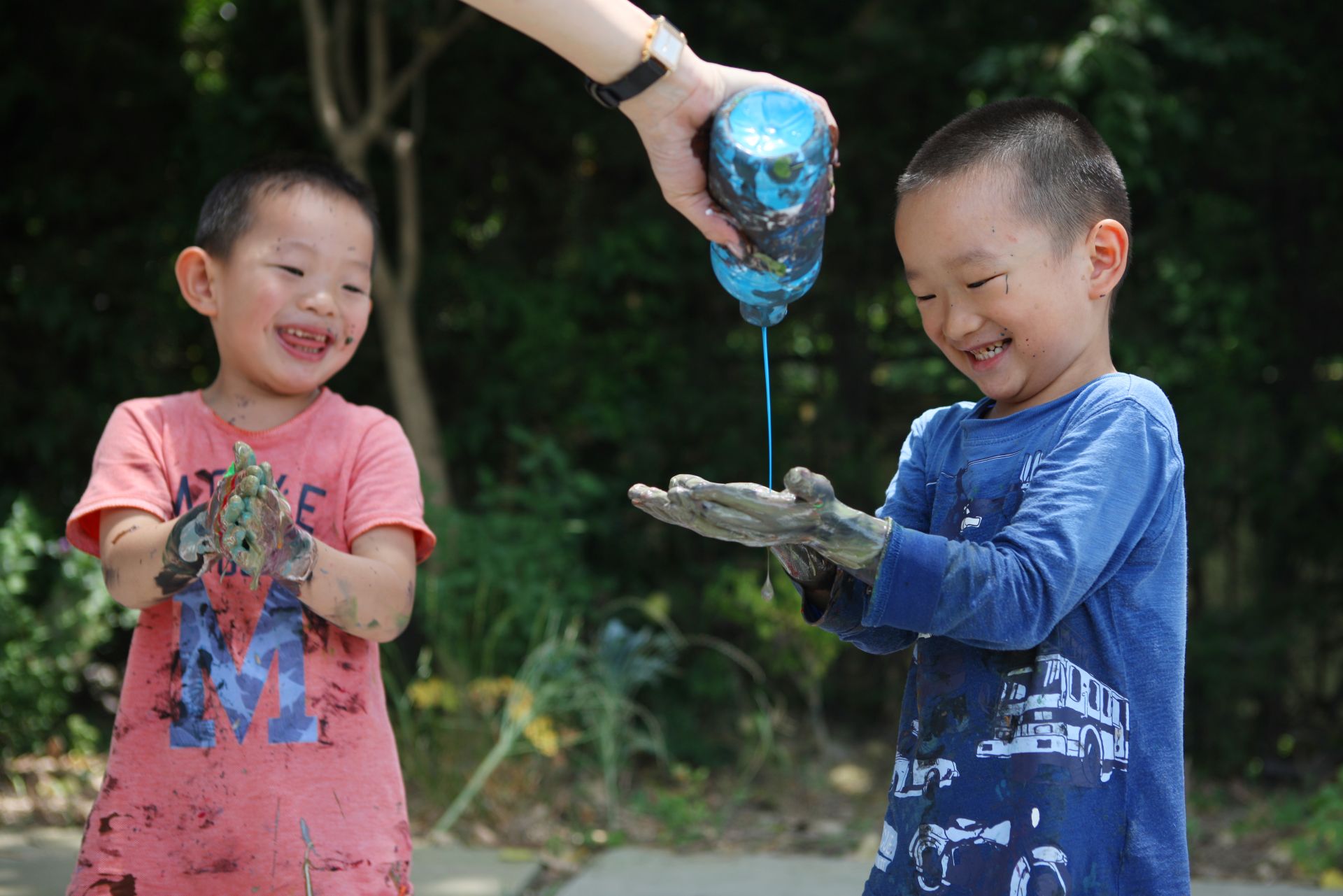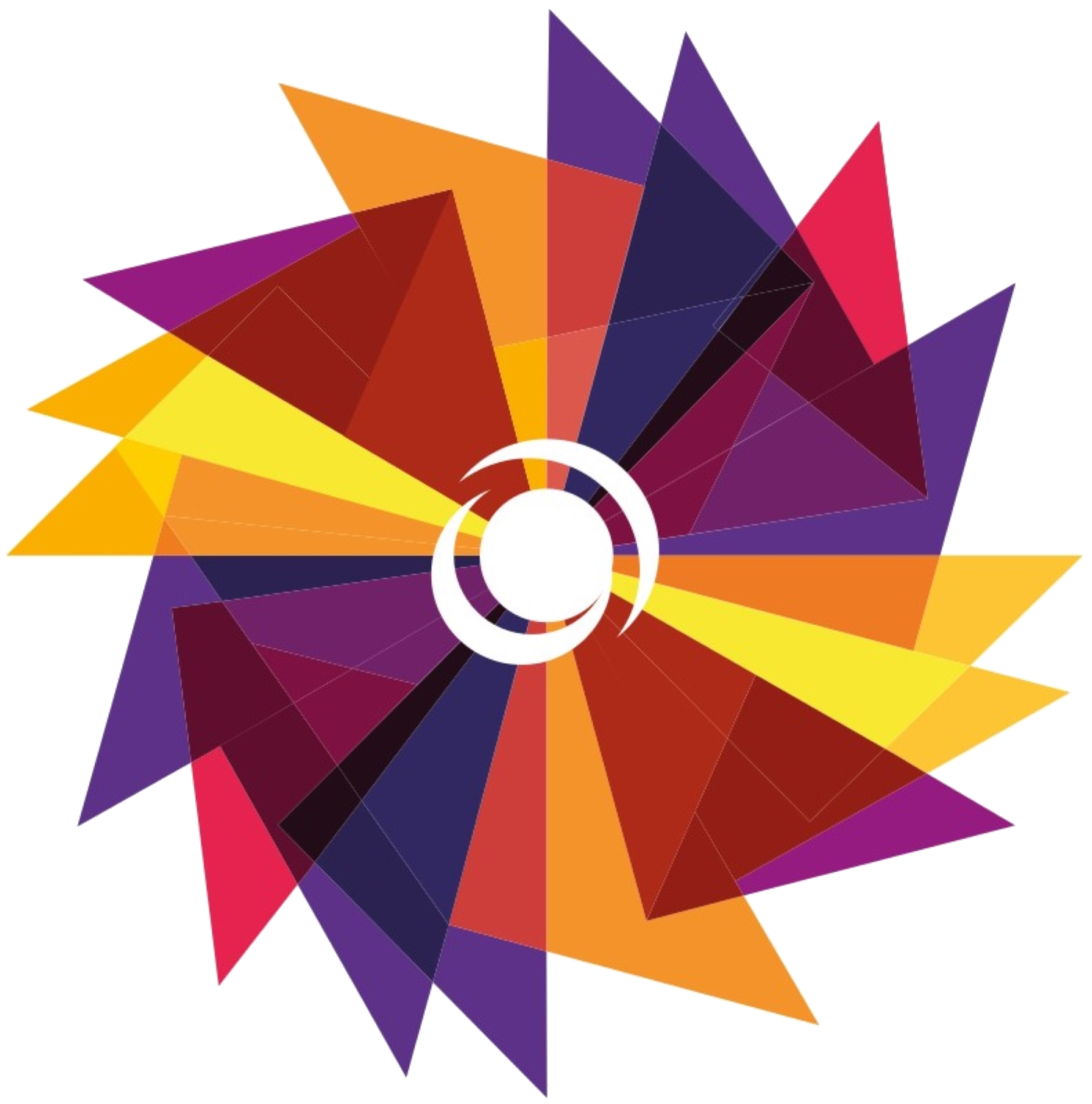The weather suddenly became cold, and the water in the kindergarten’s fountain was frozen. The children were very excited when they went to see the ice. We looked around and watched the sun shine on the ice, and I took a piece of ice and let them feel it, because the walls around the fountain were beyond reach, and they could only see it. I was a little angry when two children grabbed a handful of sand on the ice from a nearby bunker, but I wanted to see what would happen next.
They continue to throw sand on the ice, and more and more children are throwing sand. I remembered my PARS training and tried to think through the child’s perspective that they might be trying to use the sand to break the ice. So I decided to join them and throw sand with them. Then one of the children said that the teacher’s sand was not strong enough, and the ice was not afraid of it. I let them look for something else. As a result, some of the stones were found with branches, so that the ice was broken.
Young children are bold and imaginative, constantly exploring and mastering scientific knowledge in the process of exploring the surroundings. As a PARS practitioner, we should respect and protect the child’s curiosity and encourage the child’s exploratory behaviour. I used the PARS theories, methods and techniques to work when they need help and support from me and then to find the right time to quit. If I were to blame the child for throwing sand on the ice, I might have destroyed such an interesting exploratory game, which would have destroyed their curiosity about ice.
Since using the PARS model, I found that the children in our class are getting stronger and stronger. I used to think it was dangerous and unsafe, so I didn’t dare to let go. When you really let go, you will find that children can always surprise you. They can solve their own problems. The world of children is wonderful, their ideas are always unexpected to us adults, so to think through the child’s perspective, there will be many different harvest. There is progress in change. Only by constantly learning new ideas and methods can we get along with our children and make continuous progress.

